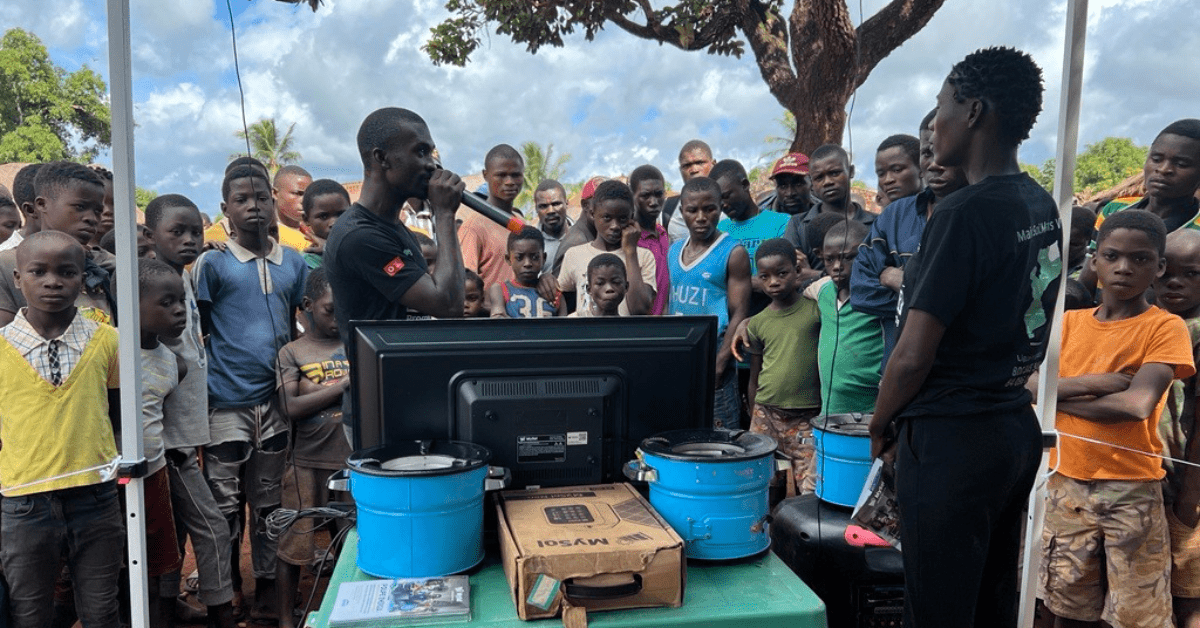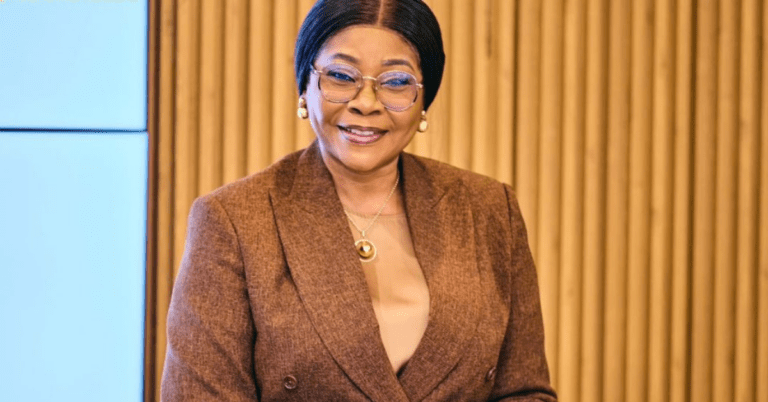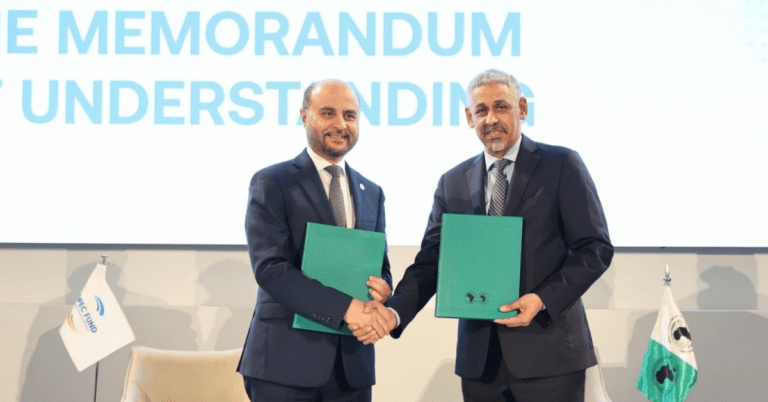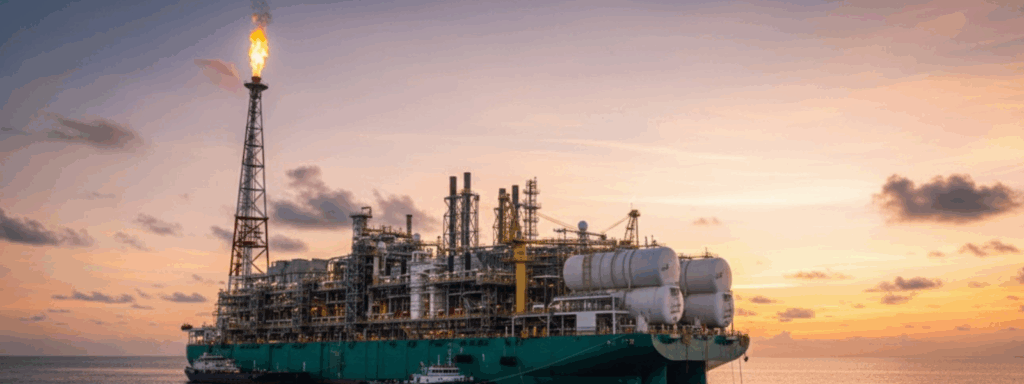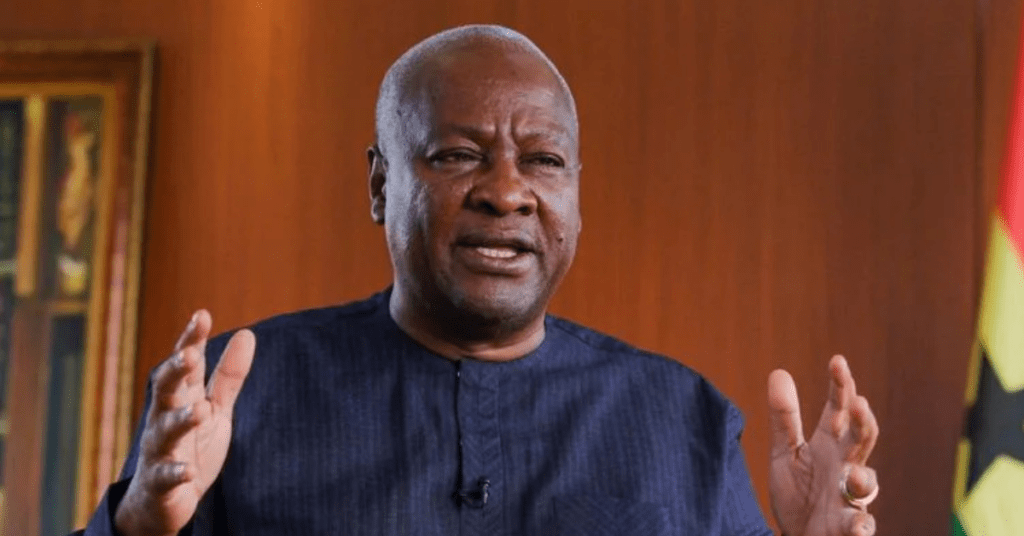Africa’s leading off-grid solar provider, ENGIE Energy Access (EEA), has released a landmark White Paper urging a fundamental rethink of how grant capital is deployed to close the continent’s widening energy access gap.
The publication, titled “Maximising Impact: Transforming Grant Funding for Energy Access,” draws on nearly two decades of EEA’s last-mile delivery experience across nine African countries. It highlights how restructured funding design can unlock private sector capacity, scale innovation, and accelerate progress towards achieving Sustainable Development Goal 7 (SDG7) — ensuring access to affordable, reliable, sustainable, and modern energy for all.
With just five years left to 2030, progress towards universal energy access in Africa is lagging dangerously behind. Current projections show that over 660 million people will remain unelectrified by 2030, a crisis that threatens to derail broader development outcomes tied to health, education, job creation, and climate resilience.
Research shows that off-grid solar and mini-grid solutions could provide up to 40% of the new connections required under a least-cost model. Yet, progress is hindered by a $12 billion funding gap for standalone systems, alongside a financing landscape that remains fragmented, risk-averse, and often misaligned with on-the-ground realities in frontier markets.
ENGIE Energy Access argues that while grant funding remains essential, it is not being used to its full catalytic potential. The White Paper outlines actionable recommendations, including:
• Reorienting grants toward closing the access gap and finishing the job on SDG7.
• Tailoring financial instruments to the needs of different market segments, including households, small businesses, and community infrastructure.
• Scaling up public sector leadership to strengthen delivery systems and governance.
• Designing smarter mechanisms that reduce risk, unlock private investment, and expand delivery capacity.
“Public funding is vital to accelerate universal energy access where affordability remains one of the main drivers,” said Gillian-Alexandre Huart, CEO of ENGIE Energy Access. “To deliver the highest results without shaking market fundamentals, it must be structured to unlock private investment and delivery capacity. Our White Paper sets out practical ways to maximise its impact, drawn directly from our operational realities in rural Sub-Saharan Africa.”
The White Paper notes that the sector is at a pivotal moment, shaped by new initiatives such as Mission 300 and the phase-out of legacy programs. EEA warns that missing this window to reset strategy and coordination could lead to diluted impact, eroded investor confidence, and disengagement from private players, undermining Africa’s ability to deliver on SDG7.
ENGIE Energy Access is now calling on policymakers, donors, financiers, and industry stakeholders to adopt the report’s findings and work collaboratively to accelerate energy access solutions that support not only electrification but also economic growth, climate goals, and community resilience.

